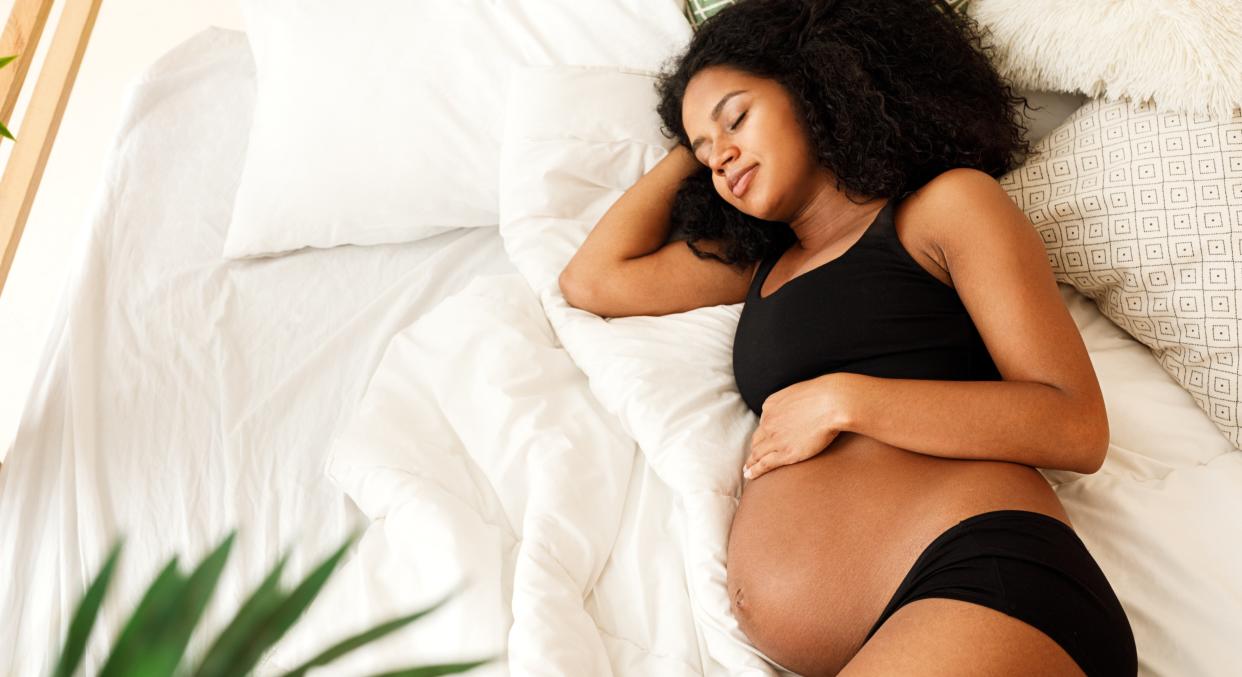Women with frozen eggs now able to extend storage for an extra two years due to pandemic

Those who have chosen to freeze their eggs, sperm and embryos now have the option to extend their storage for an additional two years.
New government guidelines state that people now have 12 - rather than 10 - years to decide whether they would like to use them for fertility treatment or have them destroyed.
The move is intended to help women, who had frozen their eggs and were coming towards the end of the storage limit, whose plans to start a family have been delayed due to the coronavirus.
Earlier this month, fertility treatment was halted across the NHS and private sector due to the pandemic.
Read more: Freezing your eggs - cost, process and everything else you need to know
A statement from the Department of Health and Social Care said: “Anyone who has frozen their eggs, sperm and embryos will be able to extend their storage for an additional two years under new government plans to support those going through fertility treatment during the global coronavirus pandemic.
“To support wider changes to the health service in responding to the pandemic, fertility treatment in the UK across the NHS and private sector was temporarily paused earlier this month.
“In recognition of the potential impact this may have on those wishing to start a family, the government has confirmed that the current 10-year storage limit for embryos and gametes will be extended by two years to enable sufficient time for fertility treatment to resume.
“Currently the storage period for embryos and gametes is limited to a maximum of 10 years, after which people must choose whether to undergo fertility treatment or have their frozen eggs, sperm and embryos destroyed.”
Read more: Half of women aged 18 to 24 would consider freezing their eggs
Sally Cheshire, chair of the Human Fertilisation and Embryology Authority (HFEA), said: “We have been working together to ensure those patients who have stored sperm, eggs or embryos that are reaching the 10-year storage limit are not penalised by the current suspension of fertility treatment due to the Covid-19 pandemic.
“We know this is a difficult and distressing time for all patients, so this decision brings good news for those who are reaching the 10-year storage limit.
“It provides them with some much-needed reassurance and most importantly gives more time to try for their much longed for family.”
The latest data shows that 1,463 women froze their eggs in 2017, a significant increase from 410 who did so in 2012.
Read more: Nurse gives birth after funding IVF with share of a £1million family lottery win
Of those who choose to freeze their eggs, two-thirds of women are over 35.
While egg freezing is becoming more popular, it is not a surefire way of having a child.
Women who underwent IVF with their own frozen eggs in 2016, less than one in five successfully conceived.
A select few are eligible for egg freezing on the NHS - such as cancer patients about to start chemotherapy.
For those who go private, the process can cost between £7,000 and £8,000, with no guarantee it will end in pregnancy.


